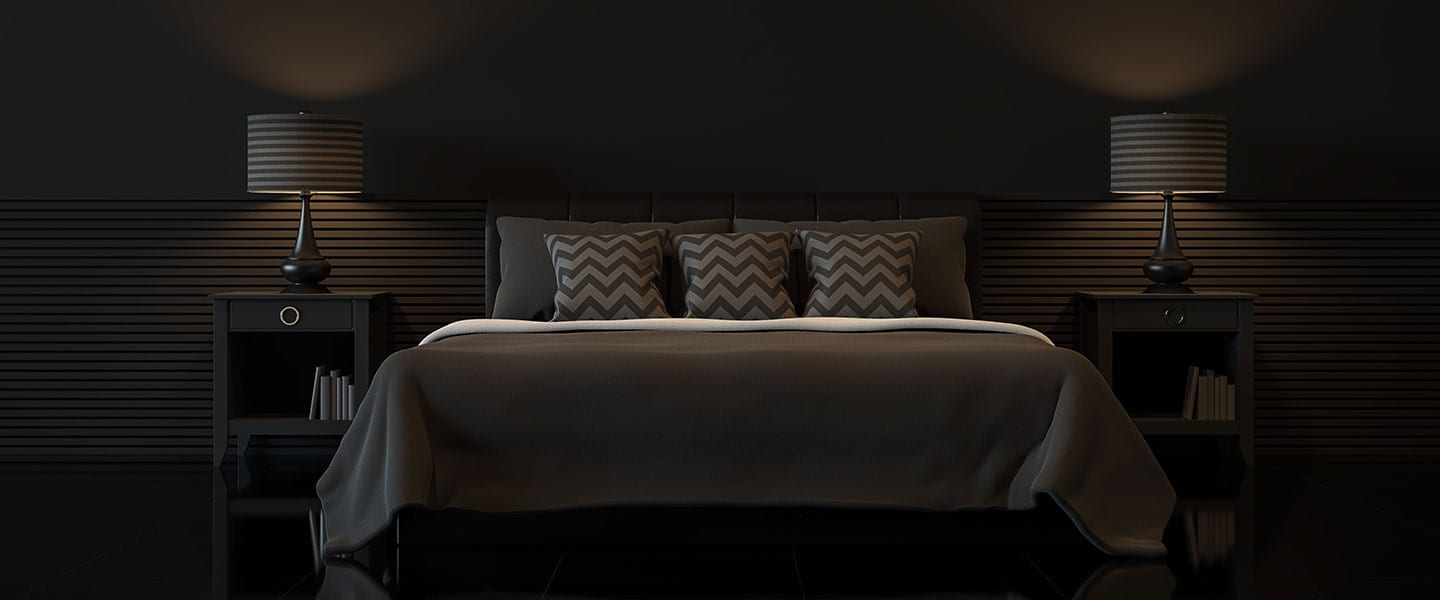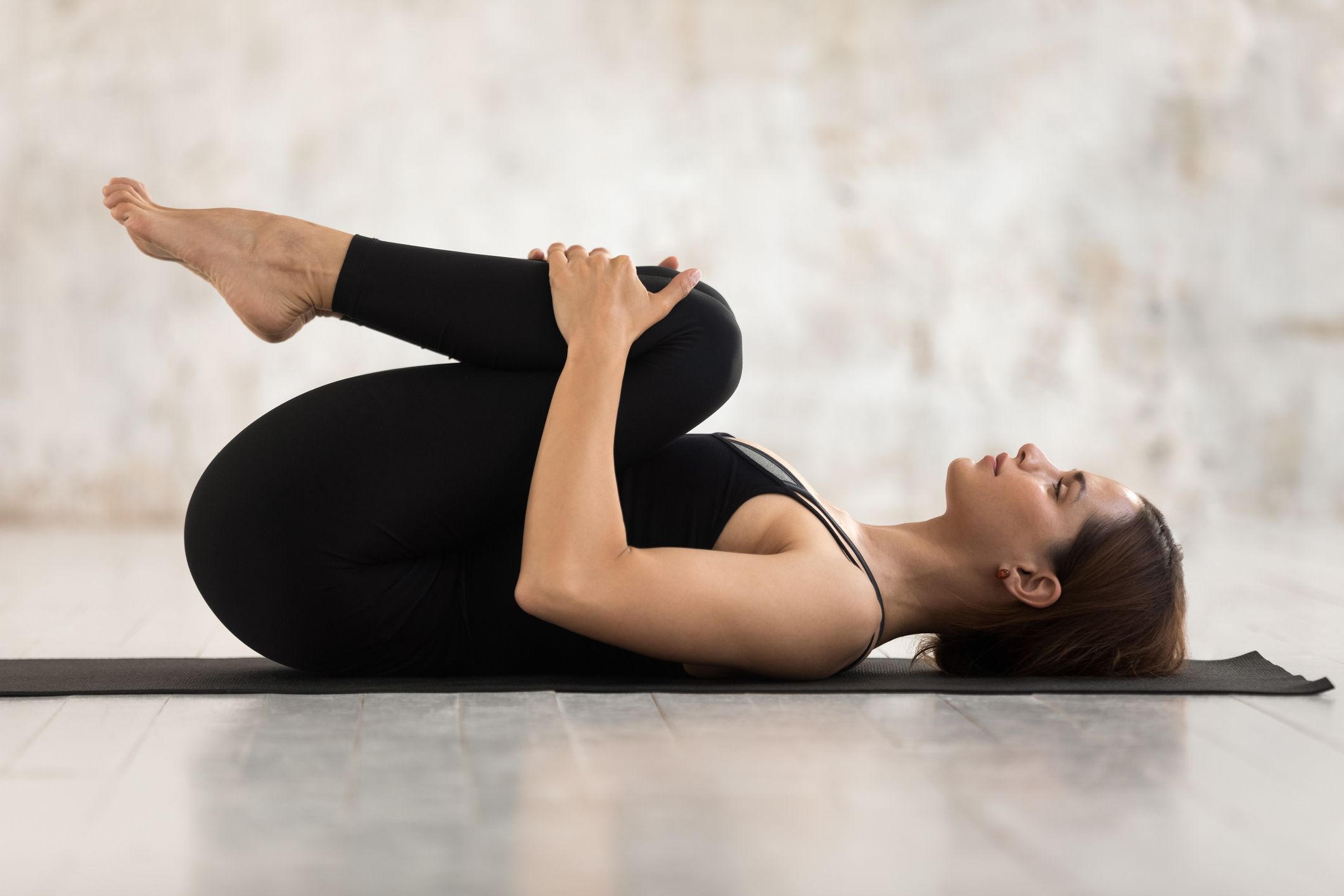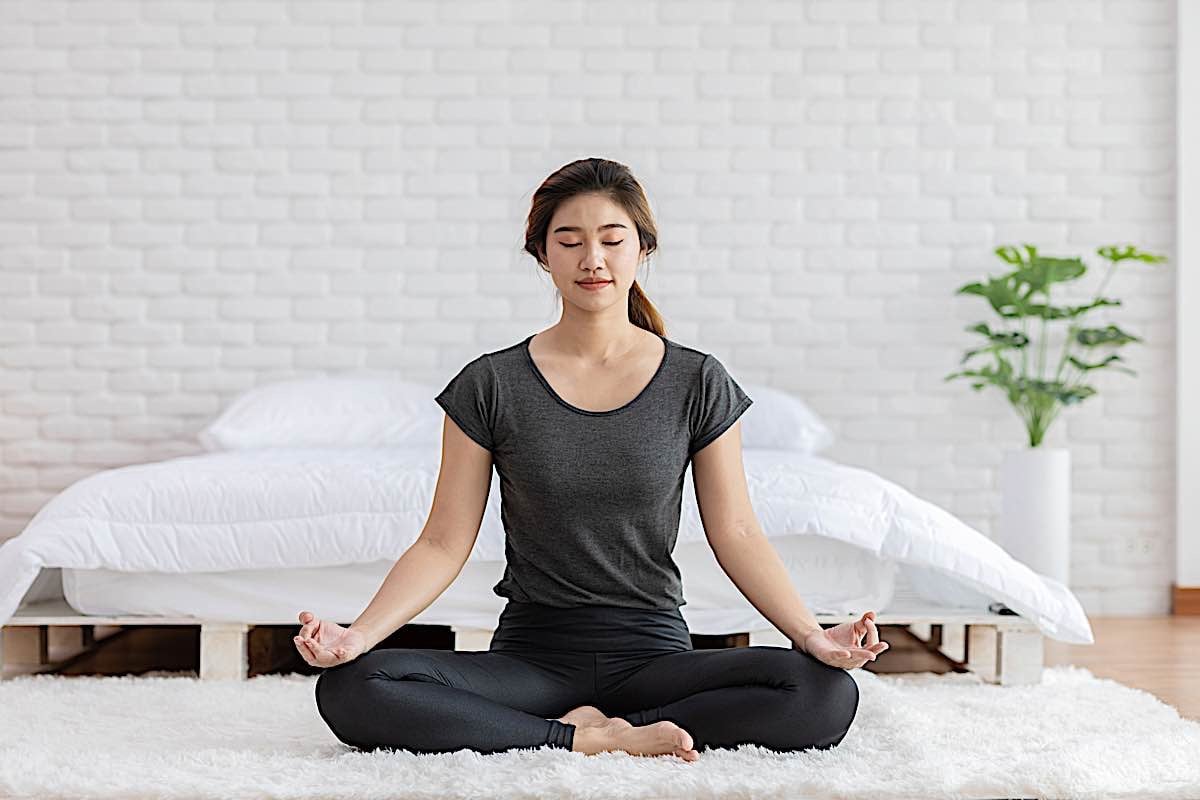
Best Ways to Get a Sound Sleep at Night:
Many of us wonder about how to get a sound sleep at night. so, in this article, we are going to discuss the best ways to get a sound sleep. Let’s have a look at the following points.
1. Be Consistency.
Is your bedtime and wake-up time always the same? Sleep consistency refers to the routine or regularity of sleep schedules and can be reported as intra-individual day-to-day variability in bedtimes/wake-up times/sleep duration or weekday-to-weekend variability in bedtimes/wake-up times and sleep duration. Higher Sleep
2. Maintain a Suitable Environment to Sleep Well.

Are you aware of a good sleeping environment? Environmental conditions, such as temperature, noise, light, bed comfort, and electronic distractions, play a significant role in one’s ability to get proper sleep—and, subsequently, in overall sleep-related wellness. A good sleep environment that is very dark, quiet, cool, and comfortable can improve your sleep.
3. Remove Electronic Devices from Your Bedroom:

Do you know that using devices tends to delay the time when you go to sleep, reducing sleep duration? If you don’t know let me tell you that technology affects the brain, stimulating your mind and making it harder to fall asleep. Sounds and blinking lights can cause unwanted awakenings when sleeping next to electronics. The blue light emitted by your cell phone screen restrains the production of melatonin, the hormone that controls your sleep-wake cycle (aka circadian rhythm). This makes it even more difficult to fall asleep and wake up the next day.
To control the above problems, you can dim the screen as much as possible for evening use. Make use of any ‘night modes’ on devices as these change the light color to avoid bright blue light, which may affect alertness more than other light colors. In many e-readers, you can even invert the screen color (i.e., white font on black background).
4. Cut Down on Alcohol and Caffeine:

Do you know one thing? Caffeine consumption can make you fall asleep later, sleep fewer hours overall, and make your sleep feel less satisfying. Researchers say nicotine and alcohol before bedtime can hurt the quantity and quality of sleep. Regular drinking can affect the quality of your sleep making you feel tired and sluggish during the day.
5. Get some exercise:

Doing exercise regularly has uncountable benefits. Among them, the most important benefit of doing exercise is to be able to get sound sleep. Studies have found that regular aerobic exercise for prolonged periods can improve sleep quality and reduce excessive daytime sleepiness for people with insomnia. Research also shows that moderate-intensity aerobic activities can decrease the severity of sleep-disordered breathing conditions like obstructive sleep apnea. It seemed to help people fall asleep faster and spend more time in deep sleep.
6. Mindfulness and Meditation:

Meditation is considered a type of mind-body therapy. By relaxing your body and brain, it’s easier to quiet the distracting thoughts that keep your mind buzzing. Studies have found that meditation can help reduce cortisol, which is the hormone associated with stress. Meditation increases the natural melatonin levels to help with more restful sleep.
Mindfulness and meditation likely help people sleep via several different pathways.
- Slowed breathing: Deep breathing using the diaphragm, a muscle below the lungs, is a cornerstone of many meditation practices. The focus on calm, deep breathing appears to be one of the principal pathways by which meditation reduces anxiety.
- Calmed stress pathways: Like other relaxation techniques, meditation can help lower heart rate and blood pressure. Some data suggest that meditation reduces the activation of stress pathways in the brain, as well as levels of stress hormones.
- Improved mental outlook: Concentrating on the present moment during meditation may help a person anxiously think about the past or future less often and soften their reactions to difficult experiences.
- Better managed pain: Some studies have found that meditation can reduce pain, while others have not. Even when meditation does not reduce a person’s physical pain, it may help make the pain more bearable. This effect may be useful for people who have trouble sleeping due to chronic pain.
7. Keep Business out of the Bedroom:

As we all know bedroom is made for sleeping purposes. so, to get better and sound sleep it is so important for us to separate our business activities from private life. We should try our best not to talk about business in our bedroom. Use your bedroom for sleeping and relaxing purposes only.
In Conclusion:
Hence, there are many ways to get sound sleep. Among them, we have tried our best to include the major one in this article. Hope it was helpful for you.
ALSO READ: YOGA -Detox your Body and Mind

